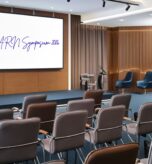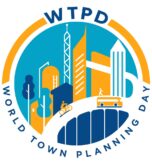“Resilience begins where people stand together: prepared, informed, and ready.”
In Lucky Summer Ward, Nairobi, everyday hazards like floods, fires, and sanitation crises are part of life. Yet, many residents face these risks without clear, accessible information on how to prepare and protect their families. To bridge this gap, we created a Community Brief that distills research findings into practical insights for residents. Using community dialogues and household surveys, we mapped out how disaster risks affect different neighbourhoods, and identified the barriers that keep preparedness levels low.
Preparedness works best when it is local, practical, and shared among neighbours. Disasters don’t just happen, they are planned into cities through poor governance and can be planned out through better choices. By understanding where risks concentrate and why, residents can take simple steps to safeguard their homes and hold institutions accountable.
This work matters because informed communities are resilient communities. Prepared households can respond faster, recover stronger, and demand safer urban planning, they can take charge of their safety and hold institutions accountable. A safer Lucky Summer means a safer Nairobi.
Disaster risk reduction isn’t abstract policy, it’s about listening to people, translating data into action, and building trust at the local level. Disaster preparedness isn’t top-down, it’s neighbor to neighbor, street by street. Data only drives change when it’s understood and used by the people who live the risk every day..
Read the full Community Brief to see how Lucky Summer residents are leading the way in disaster preparedness.
By Lennah Ojoo






